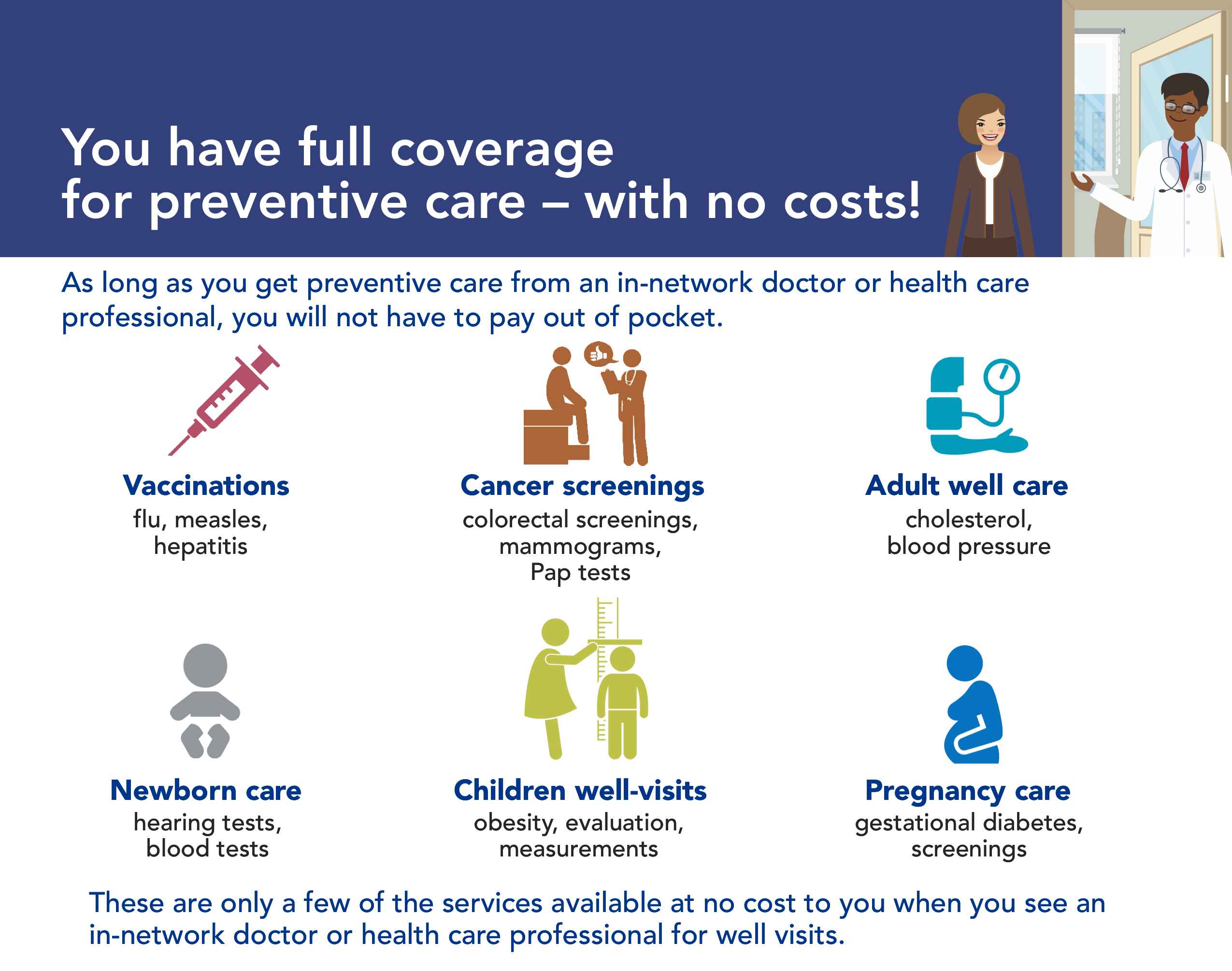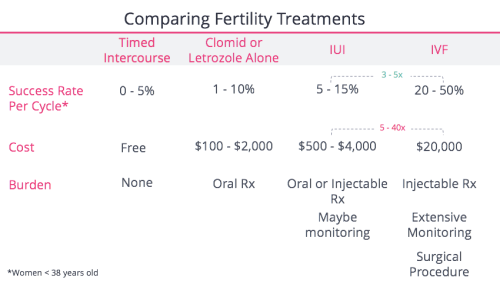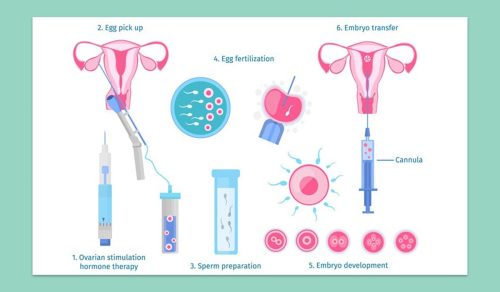Does Blue Cross Blue Shield Cover IVF? Your Guide to Understanding Fertility Benefits
Navigating health insurance can feel like trying to solve a puzzle with missing pieces—especially when it comes to something as personal and life-changing as in vitro fertilization (IVF). If you’re insured with Blue Cross Blue Shield (BCBS) and wondering whether your plan covers IVF, you’re not alone. Millions of people across the U.S. face fertility challenges, and the cost of treatments like IVF can be overwhelming without insurance support. So, does BCBS cover IVF? The short answer is: it depends. But don’t worry—I’m here to break it all down for you in a way that’s easy to understand, with practical tips, real-world insights, and the latest info to help you figure out your next steps.
Let’s dive into what BCBS offers, how coverage varies, and what you can do to make the most of your benefits. Whether you’re just starting to explore fertility options or you’re deep into the process, this guide has something for you.
What Is IVF, and Why Does Coverage Matter?
IVF is a fertility treatment where eggs are retrieved from the ovaries, fertilized with sperm in a lab, and then transferred into the uterus. It’s often a go-to option for people who’ve struggled to conceive naturally due to issues like blocked fallopian tubes, low sperm count, or unexplained infertility. But here’s the catch: a single IVF cycle can cost anywhere from $12,000 to $20,000, not including medications, which can add another $3,000 to $5,000. For many, that’s a huge financial hurdle.
Insurance coverage can make or break the decision to pursue IVF. With BCBS being one of the largest insurance providers in the U.S., covering over 115 million people through its network of independent companies, its policies play a big role in shaping access to fertility care. But because BCBS isn’t a single entity—it’s a federation of 34 local companies—coverage isn’t one-size-fits-all. Your plan, your state, and even your employer (if you’re insured through work) all factor into what’s covered.
Does BCBS Cover IVF? The Basics
So, does BCBS cover IVF? In many cases, yes—but it’s not guaranteed. Here’s what you need to know about the basics:
- Some Plans Include IVF: Certain BCBS plans, especially those under the Federal Employee Program (FEP) or specific employer-sponsored plans, offer IVF coverage. For example, as of 2025, the BCBS FEP Standard Option covers assisted reproductive technology (ART) like IVF up to $25,000 annually with prior approval.
- It Varies by State and Plan: Each BCBS company (like BCBS of Illinois, Texas, or North Carolina) sets its own rules. States with fertility insurance mandates—like Illinois, New York, or Massachusetts—often require BCBS plans to cover IVF, while others don’t.
- Employer Plans Differ: If you get BCBS through your job, your employer decides how much fertility coverage is included. Some offer robust benefits; others stick to the bare minimum.
The takeaway? You’ll need to check your specific policy. Call the number on the back of your insurance card or log into your BCBS member portal to see what’s listed under “infertility services” or “family planning.” Look for terms like “IVF,” “assisted reproductive technology,” or “oocyte retrieval” to get a clue.

How BCBS IVF Coverage Works in Practice
Let’s say your BCBS plan does cover IVF. What does that actually look like? Coverage isn’t just a yes-or-no question—it comes with details that affect how much you’ll pay out of pocket. Here’s a breakdown:
What’s Typically Covered
- Diagnostic Tests: Most plans cover initial fertility testing—like blood work, ultrasounds, or semen analysis—to figure out why you’re having trouble conceiving.
- Medications: Some plans cover fertility drugs (think Clomid or injectables like Gonal-F), though you might need to use a specific pharmacy or hit your deductible first.
- IVF Procedures: If IVF is covered, it might include egg retrieval, lab fertilization, and embryo transfer. Some plans cap the number of cycles (e.g., 3 attempts per live birth) or set a dollar limit (e.g., $25,000 per year).
What’s Often Excluded
- Cryopreservation: Freezing eggs, sperm, or embryos isn’t always covered unless it’s tied to a medical condition (like cancer treatment causing infertility).
- Preimplantation Genetic Testing (PGT): This add-on, which screens embryos for genetic issues, is rarely included.
- Out-of-Network Care: If your fertility clinic isn’t in the BCBS network, you could face higher costs or no coverage at all.
Real-World Example
Take Sarah, a 34-year-old teacher in Maryland with BCBS through her school district. Her plan covers 50% of IVF costs after a $1,650 deductible, up to 3 cycles. Her first cycle cost $15,000, so she paid the deductible plus $6,675 out of pocket—still a lot, but way less than the full price. Compare that to Mike in Florida, whose BCBS plan only covers diagnostics, leaving him to pay $18,000 for IVF entirely on his own.
State Mandates: A Game-Changer for IVF Coverage
Where you live can make a huge difference. As of 2025, 21 states plus Washington, D.C., have laws requiring some level of infertility coverage, and these mandates often apply to BCBS plans. Here’s a quick look:
| State | IVF Coverage Mandate? | Details |
|---|---|---|
| Illinois | Yes | Up to 4 egg retrievals if part of a covered treatment plan |
| New York | Yes | 3 IVF cycles for large group plans; no cap on diagnostic tests |
| Texas | No | Only requires offering infertility coverage, not mandatory inclusion |
| California | No | Covers diagnostics but excludes IVF unless employer opts in |
| Massachusetts | Yes | Comprehensive coverage, including unlimited IVF cycles in some cases |
If you’re in a mandate state, your BCBS plan is more likely to cover IVF. But even then, limits apply—think cycle caps or lifetime maximums. Check your state’s insurance department website for the latest rules.
What’s New with BCBS IVF Coverage in 2025?
Fertility care is evolving, and BCBS is keeping up. Here are some fresh updates for 2025 that could affect you:
- Expanded FEP Benefits: The BCBS Federal Employee Program now offers two nationwide plans with $25,000 IVF coverage—one from BCBS and one from GEHA. This gives federal workers more options than ever.
- Employer Push: More companies are adding fertility benefits to attract talent. A 2024 survey by the Society for Human Resource Management found that 35% of U.S. employers now offer IVF coverage, up from 27% in 2020—many through BCBS plans.
- Legal Challenges: A lawsuit against BCBS of Illinois claims its fertility policies discriminate against LGBTQ+ couples by requiring extra steps to prove infertility. While the case is ongoing, it could push BCBS to rethink coverage rules nationwide.
These shifts show that IVF access is a hot topic, and BCBS is adapting—slowly but surely.

Interactive Quiz: Does Your BCBS Plan Likely Cover IVF?
Wondering where you stand? Take this quick quiz to get a sense of your odds. Answer yes or no, then tally your points:
- Do you live in a state with an infertility mandate? (Yes = 2 points, No = 0)
- Is your BCBS plan through an employer with 50+ employees? (Yes = 1 point, No = 0)
- Does your policy mention “assisted reproductive technology” or “IVF”? (Yes = 2 points, No = 0)
- Are you a federal employee with BCBS FEP? (Yes = 2 points, No = 0)
Score:
- 5-7 points: Good chance your plan covers IVF—dig into the details!
- 2-4 points: It’s possible, but you’ll need to confirm specifics.
- 0-1 point: Coverage is less likely, but exceptions exist.
This isn’t a guarantee, but it’s a starting point. Call BCBS to double-check!

3 Things Most Articles Miss About BCBS IVF Coverage
Plenty of blogs cover the basics, but some key details slip through the cracks. Here are three under-discussed points that could change how you approach your benefits:
1. The “Infertility Definition” Trap
BCBS often requires you to meet their definition of infertility—typically 12 months of unprotected sex without conceiving (or 6 months if you’re over 35). For single people or same-sex couples, this can be a roadblock. Some plans let you bypass this with a doctor’s note, but others don’t. Ask your provider: “Can my situation qualify without meeting the standard timeline?”
2. Hidden Pharmacy Benefits
Even if IVF procedures aren’t covered, your prescription drug plan might pick up part of the tab for fertility meds. A 2023 study by the American Society for Reproductive Medicine found that 60% of insured patients got at least partial coverage for IVF drugs, even on basic plans. Check your formulary (the list of covered drugs) and see if you can save thousands.
3. Appeals Can Work Wonders
Denied coverage? Don’t give up. BCBS allows appeals, and a 2024 analysis by FertilityIQ showed that 1 in 4 patients who appealed an IVF denial got it overturned with proper documentation—like a detailed letter from your doctor. It’s a hassle, but it could save you big.
How to Check Your BCBS IVF Coverage: A Step-by-Step Guide
Ready to find out what your plan offers? Follow these steps to get clear answers:
- Grab Your Policy Docs: Log into your BCBS account online or find your member handbook. Search for “infertility” or “reproductive services.”
- Call Customer Service: Dial the number on your insurance card. Say, “I’m looking for details on my infertility benefits, including IVF coverage.” Have your plan ID ready.
- Ask the Right Questions:
- Does my plan cover IVF procedures or just diagnostics?
- Are there limits on cycles or costs?
- What about medications or freezing embryos?
- Do I need prior authorization?
- Talk to HR (If Employer-Based): Your company’s benefits team might have added IVF coverage that’s not in the standard BCBS package.
- Confirm with Your Clinic: Fertility clinics often have insurance experts who can double-check your benefits for you.
Pro tip: Record the date, time, and name of the rep you speak with. If there’s a mix-up later, you’ve got a paper trail.
What If BCBS Doesn’t Cover IVF? Your Options
If your plan doesn’t include IVF, don’t lose hope. There are ways to make it work:
✔️ Explore Add-Ons
Some employers offer fertility riders—extra coverage you can buy through BCBS. It might cost $20-$50 more per month but could save you thousands.
✔️ Look Into Financing
Clinics often partner with companies like Future Family or CapexMD to offer IVF loans with low interest rates. Payments can stretch over 12-60 months, easing the upfront burden.
❌ Don’t Assume It’s Hopeless
A 2025 report from Resolve: The National Infertility Association found that 15% of uninsured IVF patients tapped into grants or discounts—options BCBS members can use too. Check out groups like BabyQuest or CNY Fertility.
✔️ Consider a Plan Switch
If you’re in open enrollment season (usually November-December), compare BCBS plans. A higher-tier option might include IVF for a slightly bigger premium.
Real Stories: How People Navigated BCBS IVF Coverage
Hearing from others can make this less daunting. Here are two quick stories:
- Jenny, 32, New York: “My BCBS plan covered 3 IVF cycles, but I had to fight for it. They denied me at first because I hadn’t ‘tried’ for a year—I’m single! My doctor wrote a letter, and after an appeal, they approved it. I’ve got one embryo transfer left, and I’m hopeful.”
- Mark, 38, Texas: “No IVF coverage here—just diagnostics. We saved up and paid $14,000 out of pocket. It worked on the first try, but I wish BCBS had helped. Now we’re looking at freezing embryos, which isn’t covered either.”
These experiences show the range of outcomes—and the power of persistence.
Poll: What’s Your Biggest IVF Concern?
Let’s get interactive! Pick the option that hits home for you:
- A) Cost—can I afford it even with coverage?
- B) Coverage—does my plan include what I need?
- C) Process—how do I even start with IVF?
- D) Success—will it work for me?
Drop your answer in your head (or share it with a friend!), and let’s keep the convo going.

The Future of IVF Coverage with BCBS
What’s next for BCBS and IVF? Trends suggest more access ahead:
- Advocacy Wins: Groups like RESOLVE are pushing for federal laws to mandate IVF coverage, which could force BCBS to standardize benefits.
- Employer Demand: As younger workers prioritize family-building perks, BCBS plans might expand fertility options to stay competitive.
- Tech Advances: New IVF techniques—like less invasive egg retrieval—could lower costs, making coverage more common.
A 2025 Kaiser Family Foundation study predicts that by 2030, 50% of private insurance plans (including BCBS) will cover at least one IVF cycle. That’s progress worth watching.
Final Thoughts: Taking Control of Your Fertility Journey
So, does Blue Cross Blue Shield cover IVF? It’s a mixed bag—some plans do, some don’t, and the details matter. But here’s the good news: you’ve got the tools to find out. Check your policy, ask smart questions, and explore every option. Whether BCBS foots the bill or you’re piecing it together with savings and grants, you’re not alone in this.
Fertility journeys are tough, but they’re also full of hope. Maybe you’re picturing that first ultrasound, or maybe you’re just trying to get through the next phone call with customer service. Either way, you’ve got this. Keep pushing, keep asking, and let’s make your family dreams a little closer to reality.
What’s your next step? Call BCBS? Chat with your doctor? Whatever it is, take it today—you deserve it.




